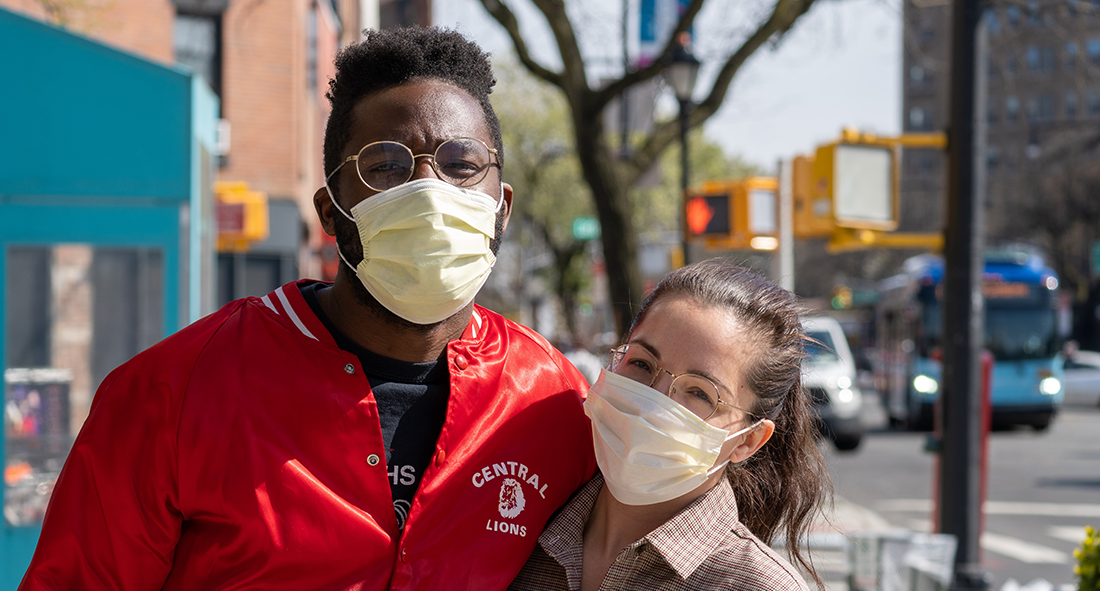
05 Jan We can’t build trust in vaccines without addressing racism in health care
Acknowledging the long history of anti-Black medical violence in the U.S. must be a part of community outreach about COVID-19 vaccination.
By George M. Johnson, VICE
Two years ago, I wrote an article called “When Racism Anchors Your Health.” It was about the long-tail erosion of individual wellness that results from racism in health care availability and quality (in addition to the more immediate harm that comes from poor care). There’s a word for suffering racist care in the long term: “weathering,” which the race disparities scholar Arline Geronimus describes as “the deterioration of health as a result of the chronic stress of being exposed to systemic racism for your whole life—the product of an accumulation of lifelong physiological stress-mediated wear and tear.”
My grandmother knew all about weathering. She was the vessel for that first story I wrote about it. At the time, she was in the early stages of battling cancer for a sixth time—this time in her brain, and terminal. She passed nearly a year ago, just three months before COVID-19 “officially” hit America.
I can’t imagine what it would have been like for her to have survived just for the poor state of Black health care—this time, as it failed to meet the demands of a pandemic—to once again endanger her aging Black body, which lived through Jim Crow, the Civil Rights Movement, and simply being a Black woman raising a Black family in an anti-Black country. Now, my family continues to face health inequities like the ones she faced as we watch COVID-19 cases take Black lives.
The saying goes that when white people catch a cold, Black people catch pneumonia. Centuries of medical inequities in Black communities have proven this to be part of the American health care system’s design. The long history of anti-Blackness in health care continues to oppress and harm Black communities: It has been painfully exacerbated by the COVID-19 pandemic, and it causes fear and wariness among Black Americans who may be skeptical medical treatment based on racist historical precedent. Read more …



